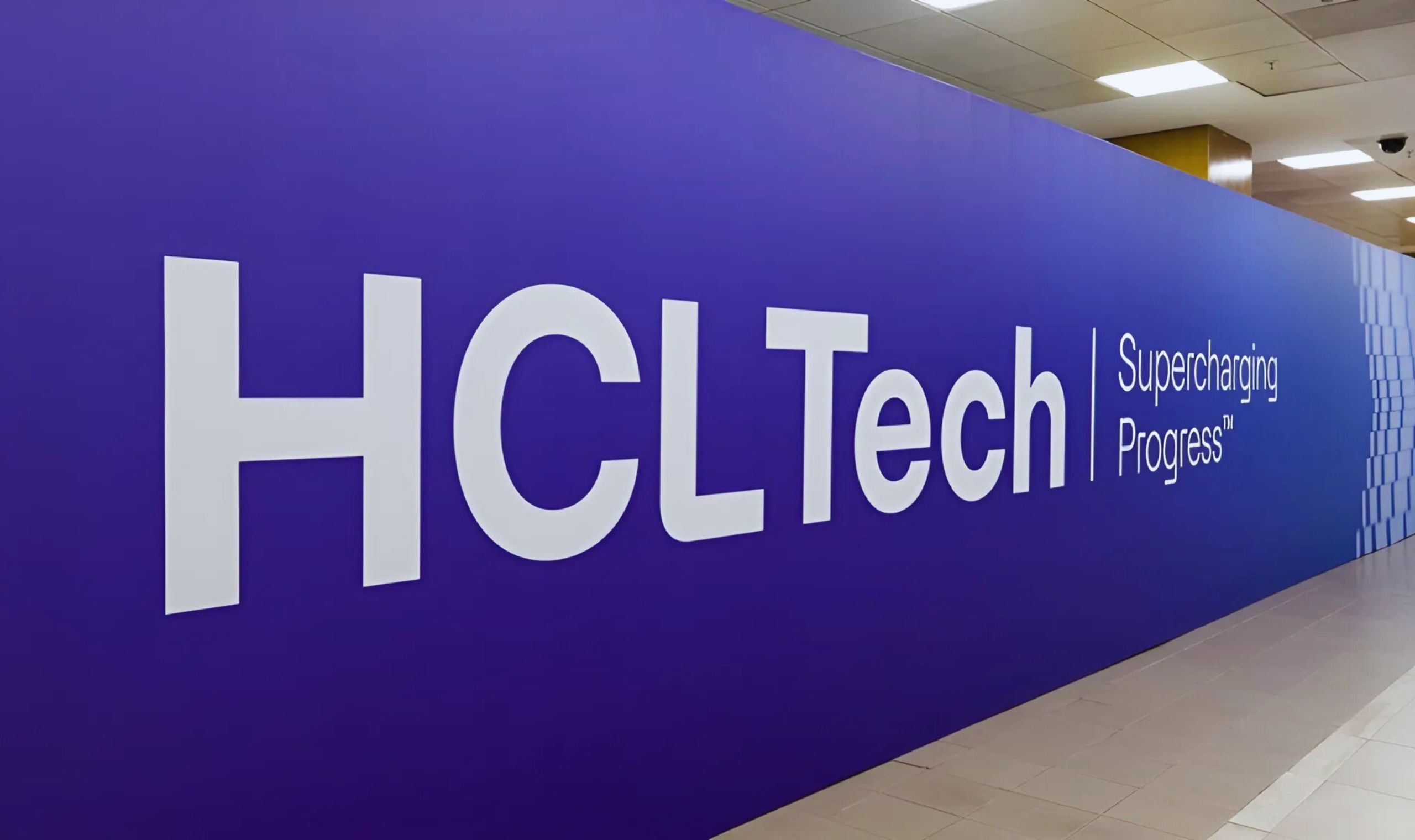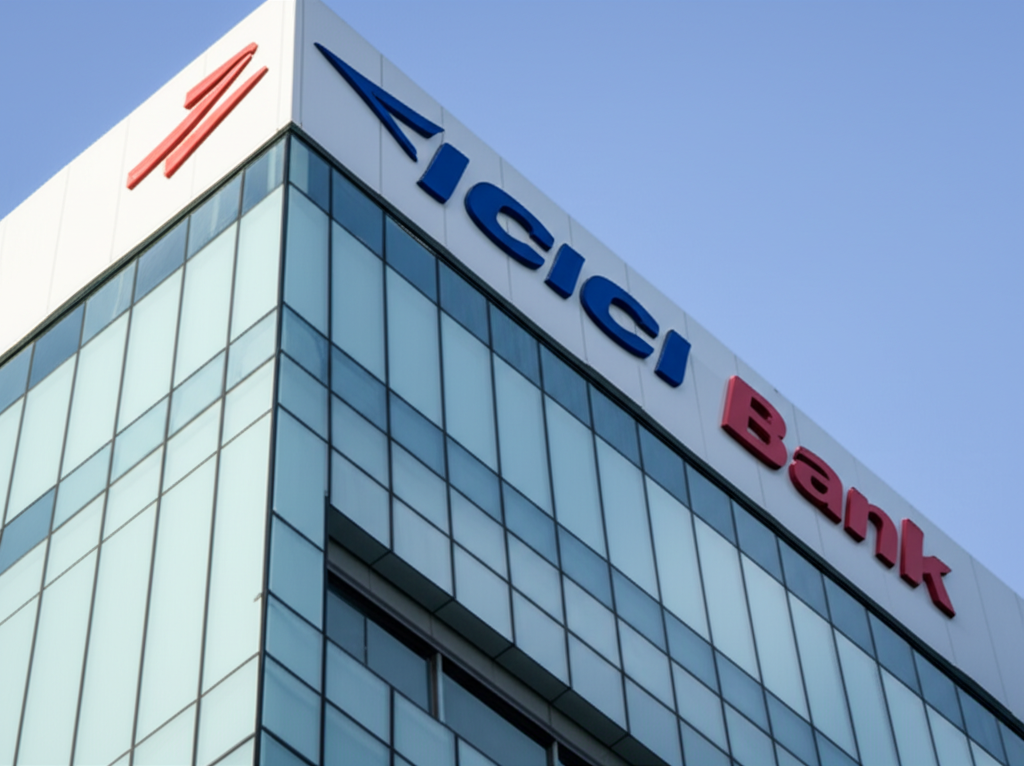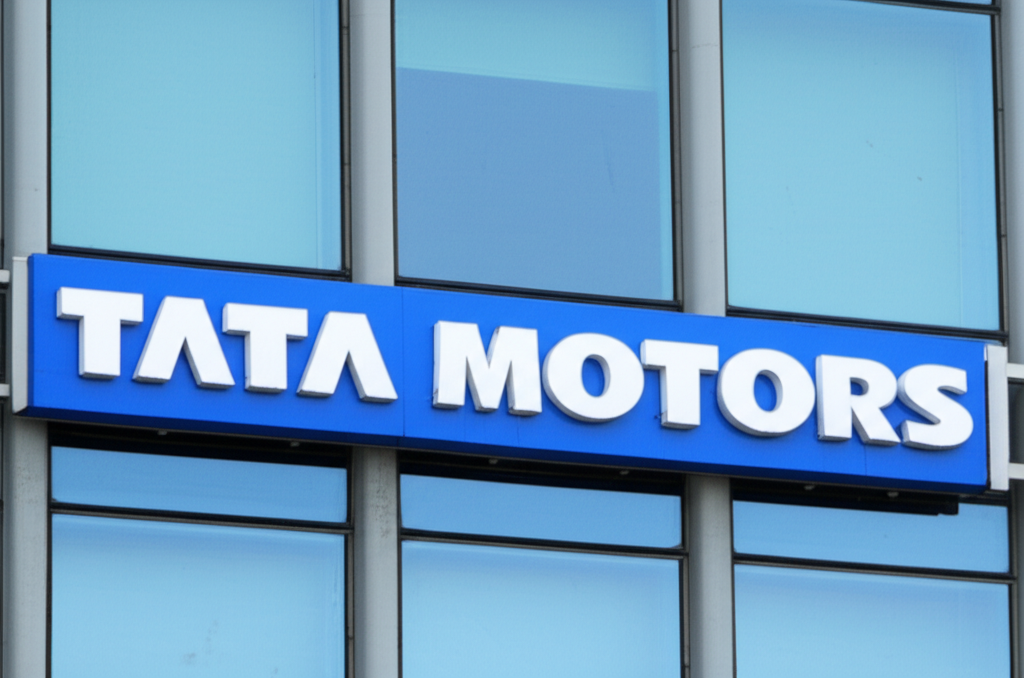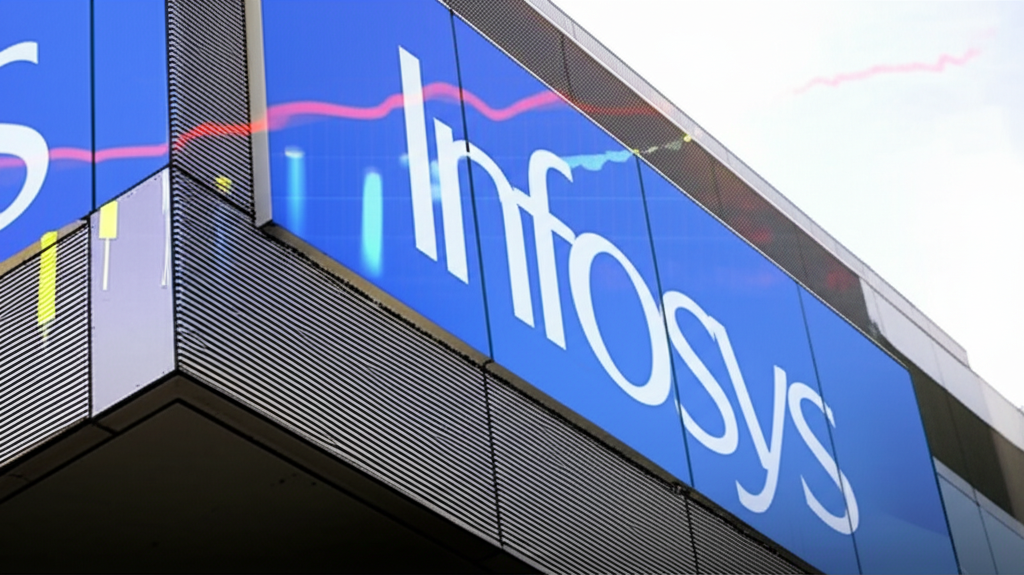The HCL Group, a top-tier IT services firm in India, recently underwent a noteworthy transition in control and ownership. Shiv Nadar, founder and Chairman Emeritus of HCL Technologies, has carried out a carefully laid succession plan by selling 47% of his holding in two important promoter entities—HCL Corporation and Vama Sundari Investments (Delhi)—to his daughter, Roshni Nadar Malhotra. This step comes as a turning point in the history of the company, ensuring the continuity of the Nadar family at the helm while keeping intact the stability and long-term growth path of the technology giant. Let us discuss the details of this corporate move, its possible implications on HCL Technologies, and how it is representative of larger trends in corporate governance and succession planning.
Overview of the Succession Plan
Shiv Nadar’s latest move to transfer major portions of his holding in HCL Corporation and Vama Sundari Investments to his daughter, Roshni Nadar Malhotra, is a turning point for HCL Technologies. Shiv Nadar transferred 47% of his holding in both HCL Corporation and Vama Sundari Investments to Roshni Nadar Malhotra through two gift deeds dated March 6, 2025. This step makes her the major shareholder and guarantees that she will also retain control of the voting rights linked to the shares of these two promoter groups.
Prior to the deal, Shiv Nadar controlled 51% in each entity, with Roshni Nadar Malhotra having 10.33%. Post transfer, Roshni possesses a majority shareholding and will enjoy considerable sway over the affairs of the company, its management, and decision-making.
The entire promoter and promoter group holding in HCL Technologies is also the same at 60.814%, a result of the inter-se transfer and not affecting the voting rights or equity share capital of the organization.
HCL Technologies: The Change in Leadership
Shiv Nadar established HCL Technologies in 1976, and over the years it has emerged as a global IT services leader with a revenue of more than $12 billion every year. HCL Technologies has evolved into one of the world’s leading IT services and consulting companies, delivering services in cloud computing, digital transformation, security, and other areas.
In July 2020, Roshni Nadar Malhotra became the chairperson of HCL Technologies, replacing her father in this leadership position. She has been responsible for spearheading strategic moves that have sought to drive growth and expand the company’s presence across the globe. Her guidance has played a crucial role in navigating HCL Technologies through trying times, and this latest succession step guarantees her ongoing presence at the company’s top.
Roshni Nadar Malhotra’s appointment as HCL Technologies chairperson was a testament to the family’s vision for the company in the long term, with a focus on leadership, governance, and stability. Roshni, a Northwestern University alumna and Kellogg School of Management MBA, has a rich experience in business and technology. Her robust educational profile, along with her energetic involvement in the operational details of HCL, has made her ideally suited to guide the company to its future era of growth.
1. The Importance of the Succession Plan
The transfer of the 47% stake in Roshni Nadar Malhotra is not only an affirmation of her position as a leader in the company but also an exercise in a well-thought-out succession plan. The strategy provides a smooth handover of power from Shiv Nadar to his daughter, enabling HCL Technologies to remain under the Nadar family leadership. To investors and stakeholders, the action strengthens the stability of the leadership of the company, which is essential in ensuring the continued success and growth of the business.
This transfer also aligns with corporate governance best practices, as it allows for a gradual and planned transition in ownership, avoiding sudden changes in management or control that could destabilize the organization. Additionally, the inter-se transfer ensures that the company’s governance structure remains intact, as Roshni’s increased stake doesn’t dilute the power within the promoter group.
2. No Impact on Voting Rights or Share Capital
One of the most important features of the succession plan is that there is no dilution of the voting rights or share capital of the company. The equity share capital of HCL Technologies does not change, and the aggregate promoter group shareholding remains at 60.814%. This ensures that there is no dilution of the current shares or any interference with the company’s operations or governance. The transfer was done in the form of a gift deed, enabling the smooth transition of the leadership of the company under the control of the Nadar family.
Further, the move does not change the composition of HCL Technologies’ board of directors or the decision-making framework. The long-standing management team of the company continues to drive the company, and Roshni Nadar Malhotra’s enhanced stake ensures she remains at the core of the strategic direction of HCL Technologies.
HCL Technologies’ Future Under Roshni Nadar Malhotra
Roshni Nadar Malhotra’s tenure at the helm of HCL Technologies is poised to sustain the company’s digital transformation, innovation, and globalization agenda. She has stressed the need for HCL’s innovation and technological growth since becoming chairperson. HCL Technologies has concentrated on strengthening its hand in newer technologies such as artificial intelligence, machine learning, and automation under her tenure.
1. The company’s primary growth segments are:
- Cloud Computing: HCL Technologies is well established as a cloud services market leader, assisting global enterprises to drive their digital transformation agendas. The company offers cloud services that range across private, public, and hybrid clouds, allowing businesses to innovate faster and scale economically.
- Cybersecurity: With the increasingly digitally interconnected world, cybersecurity has also become a major concern for enterprises in every industry. HCL Technologies has improved its cybersecurity services, assisting businesses in protecting their data and networks from cyber threats.
- Digital Transformation: HCL Technologies has been at the forefront of enabling companies across industries to adopt digital technologies. The company’s IoT, blockchain, and enterprise automation solutions have assisted clients in lowering costs, simplifying operations, and generating new business models.
- Healthcare and Life Sciences: Leadership from Roshni Nadar Malhotra has also been key to increasing HCL Technologies’ presence in the healthcare and life sciences industries. HCL offers a broad array of digital services and solutions to healthcare organizations, allowing them to improve patient care, enhance efficiency, and lower costs.
- Sustainability: HCL Technologies has also made considerable progress in sustainability under the leadership of Roshni. The organization has established aggressive sustainability targets, such as carbon neutrality by 2030, and is still investing in green technologies and initiatives.
2. Strategic Moves and Market Performance
The market has responded well to Roshni Nadar Malhotra’s leadership and the strategic initiatives of the company. HCL Technologies has outperformed several of its peers in the IT services sector consistently, posting robust financial performance and increasing its global footprint.
In the fiscal year 2024, HCL Technologies reported a revenue of $12.2 billion and a net profit of $2.3 billion. The company’s strong financial performance, combined with its focus on emerging technologies and its commitment to innovation, has positioned it well for future growth.
Moreover, HCL Technologies has also been making strategic acquisitions, partnerships, and collaborations. These efforts have assisted the company in broadening its service portfolio and venturing into new geographies, further strengthening its position as a global IT services leader.
Future Prospects for HCL Technologies
As HCL Technologies grows further under the guidance of Roshni Nadar Malhotra, the company’s emphasis will continue to be on innovation, customer delight, and global business. The digital transformation sector, specifically, has tremendous potential for growth in the years to come, and HCL Technologies is well placed to take advantage of this.
The firm’s rich experience in cutting-edge technologies like AI, IoT, and blockchain, coupled with its robust client base and worldwide presence, will allow it to keep delivering value to its customers and shareholders. Moreover, HCL Technologies’ robust focus on sustainability will enable the firm to remain competitive in a progressively green-conscious business world.
Conclusion: A New Era for HCL Technologies
Shiv Nadar’s decision to gift 47% of his stake in HCL Corporation and Vama Sundari Investments to his daughter, Roshni Nadar Malhotra, marks the beginning of a new era for HCL Technologies. This strategic succession plan ensures the continued stability of the company’s leadership while reinforcing Roshni’s role as the key driver of the company’s future growth.
With a strong emphasis on innovation, digital transformation, and sustainability, HCL Technologies is well-positioned to maintain its success and drive long-term value for its stakeholders. As the chairperson of HCL Technologies, Roshni Nadar Malhotra is ideally suited to lead through the challenges of the fast-changing tech environment.
In the years to come, Roshni’s leadership will likely be marked by her strategic vision, commitment to excellence, and ability to adapt to the ever-changing demands of the global IT industry. Investors, clients, and employees can look forward to a bright future for HCL Technologies under her stewardship.















0 Comments